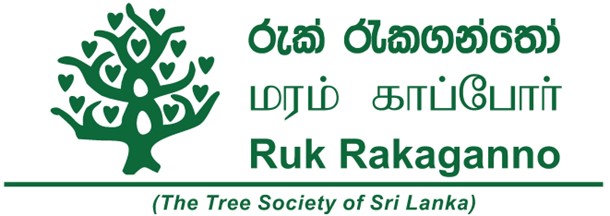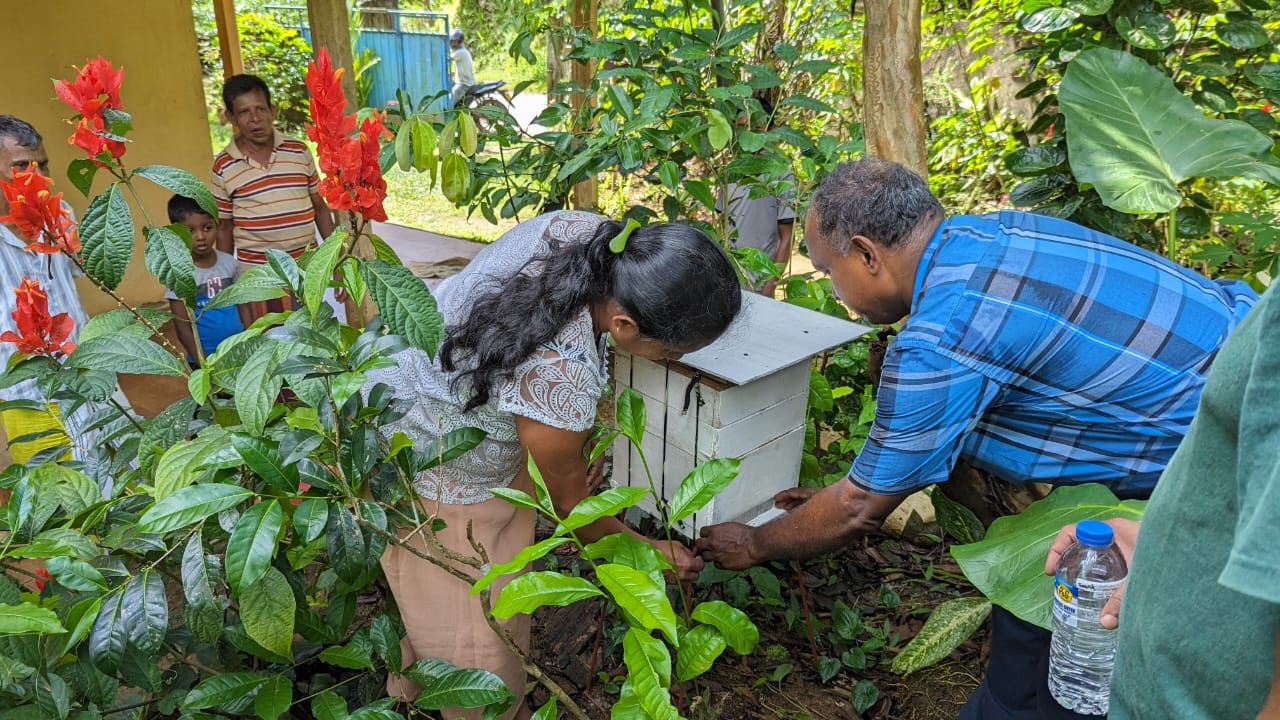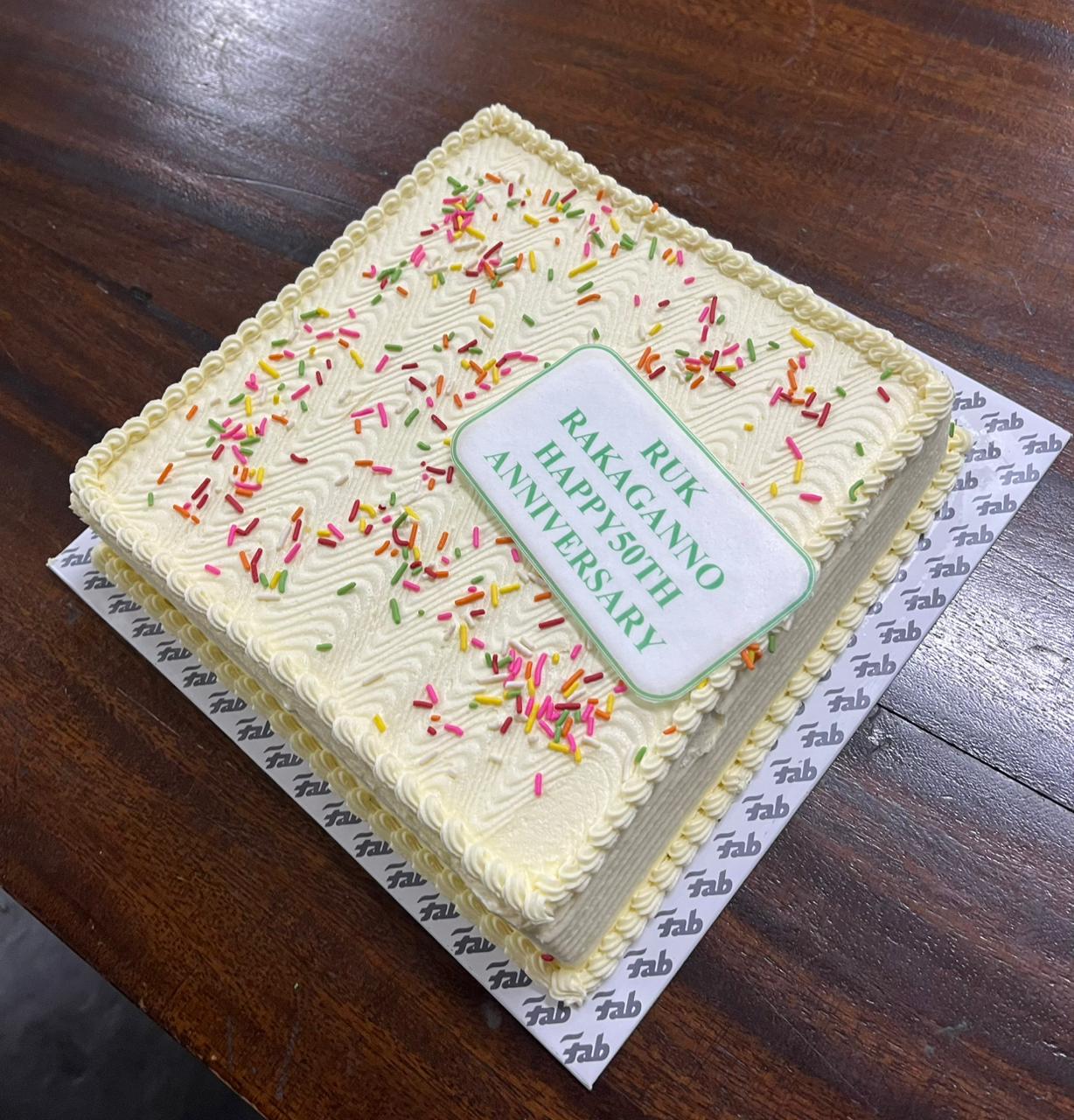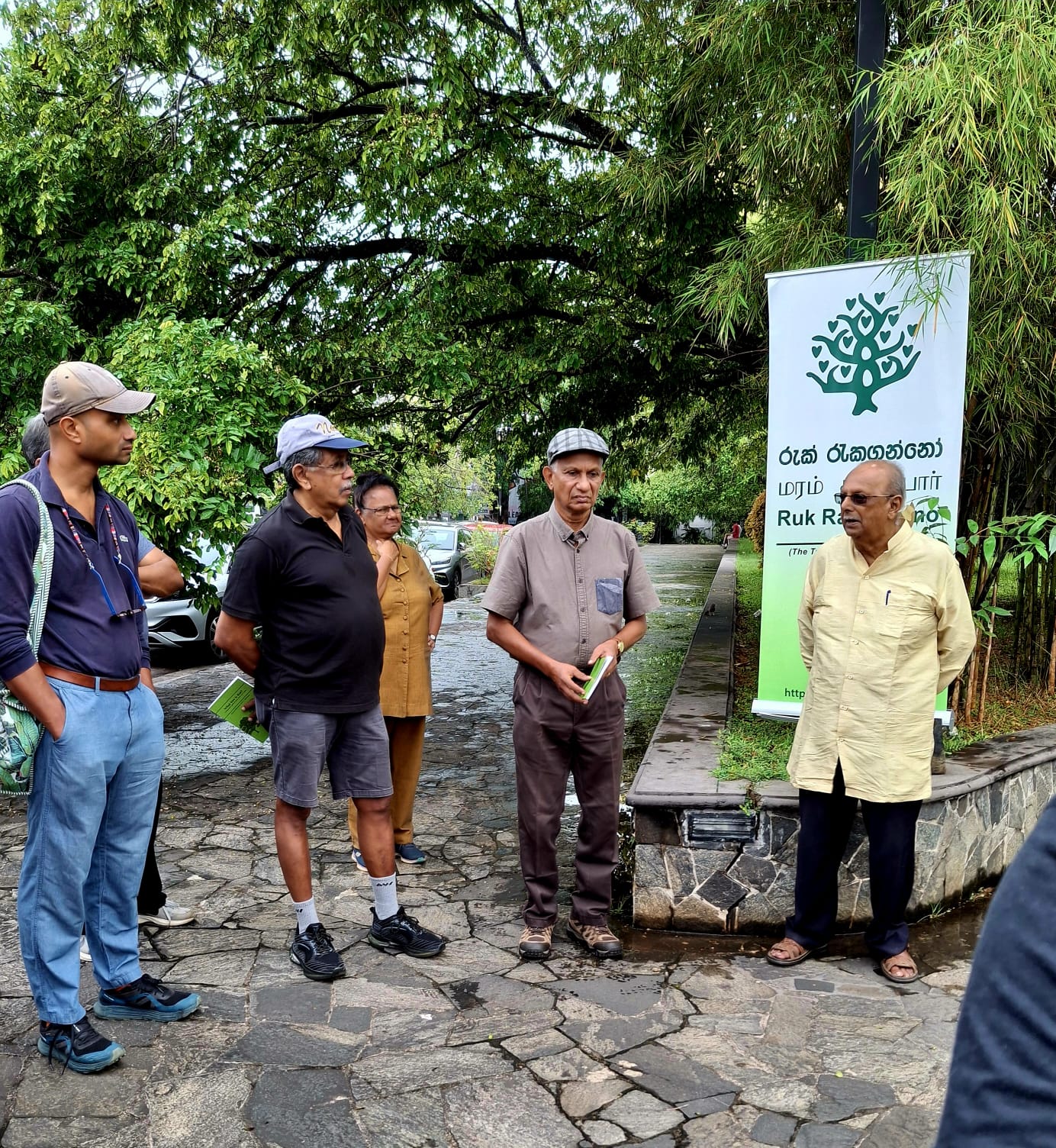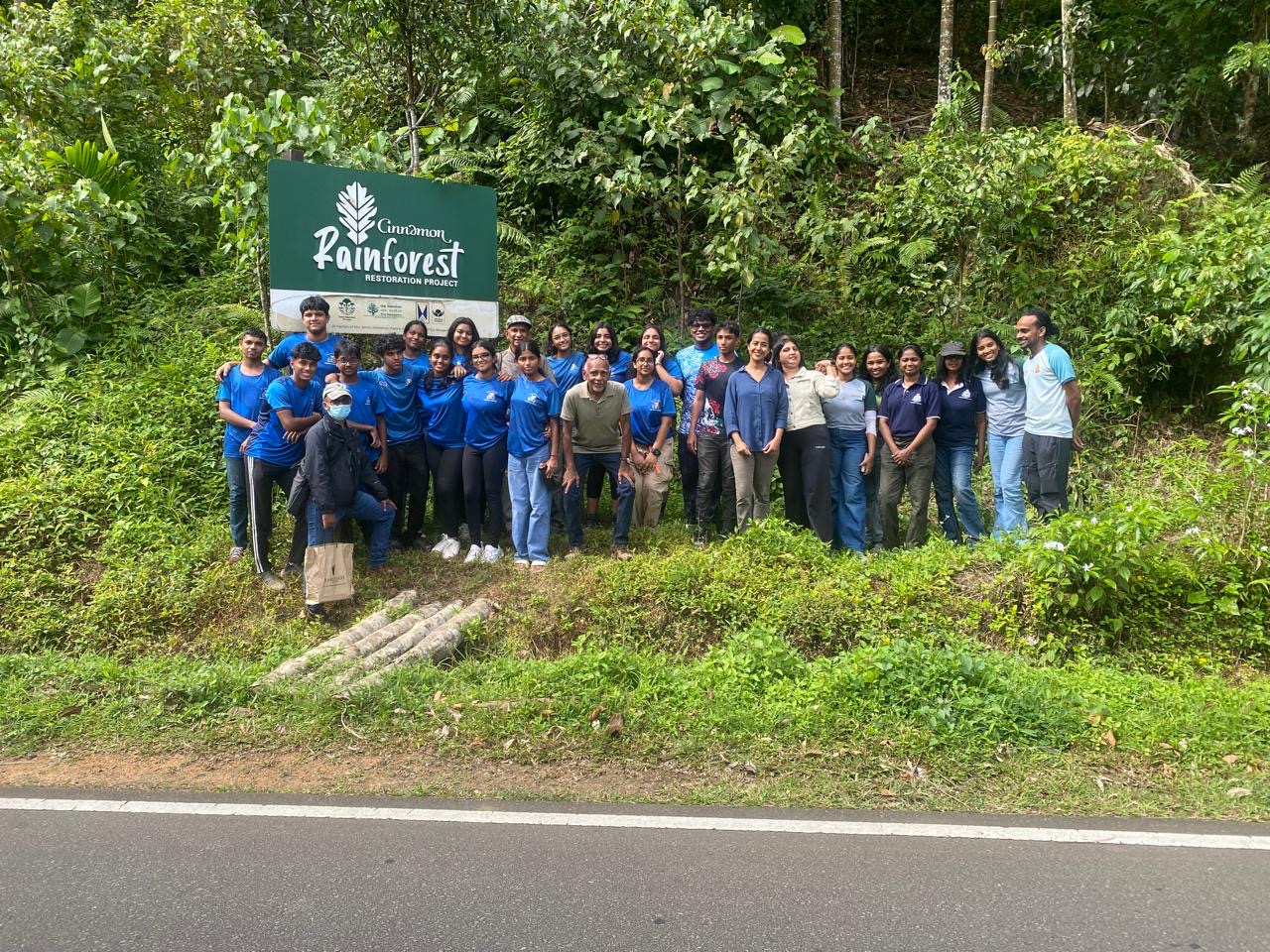Dankombuwa Bee Keeping Project
Ruk Rakaganno is delighted to partner Deutsche Bank to initiate this project.
Introduction
An effective way of conserving and enhancing a forest is to educate the masses living in the periphery of it in understanding the utilization of the natural surrounding for economic gain. There are several eco friendly methods available at present and “Beekeeping for Honey Production” can be considered as a simple and effective one.
For any new sustainable project to be effectively accepted by the people, certain pre requisites such Environmental suitability, Technology, Economic viability and People’s acceptability need to be considered. Beekeeping for honey production fulfills them all and honey had been a much valued commodity in the Sri Lankan house hold for millennia or otherwise as an important ingredient in indigenous medical system.
However, traditionally Sri Lanka had no culture of bee keeping and the household requirements of honey is mainly supplied through ‘honey hunting’ facilitated by the destruction of hives, with drastic environmental impacts. Development of bee keeping for honey production in the home gardens among communities that are directly associated with the forest is perhaps the most effective way of protecting and enhancing the sustainability of the community and the forest simultaneously.
Location
Post an initial survey, the village of Dankombuwa situated in the rich forests of Deraniyagala in the Sabaragamuwa province was selected as suitable location due to the abundance of fruit/rubber trees and the luscious vegetation in the area. The survey also confirmed the presence of Bees in the environment which was a prerequisite.
Engagement
Post an initial feasibility study which confirmed the suitability of the village for such a project, ten (10) Bee colonies were initially installed as a pilot probe and selected participants trained in monitoring the colonies and in the transfer of existing hives in the wild to purpose designed Bee boxes. The project has been a success so far in terms of educating the village community in the importance of Bees/impact of them on the environment and in empowering the local female community who have risen to the challenge in identifying an additional revenue stream. The initial harvest of honey is scheduled for February/March 2024 and semi annually there after.
